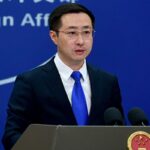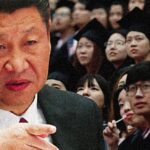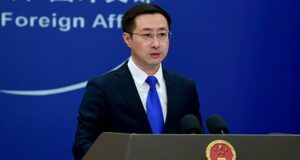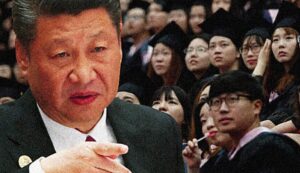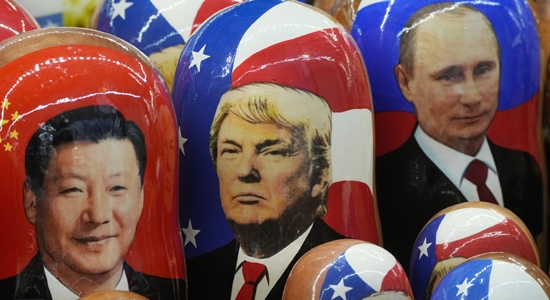
A Mr. Skeet suggests that one of the things that may be going on in the U.S. president’s Trump-like negotiations with Ukraine and Russia is angling for an enemy-of-my-enemy alliance with Russia against China.
After finally wandering his way to the point, the writer notes that notwithstanding various cooperation and winging of encouraging words between Russia and China, the latter has long been expanding at the expense of the former; “ongoing colonization by China” has been happening for over three decades (“A Carrot for Putin,” PJ Media, February 23, 2025).
The ethnic Russian population of Russia’s Far East has declined 20% since 1991, while the Chinese immigrant population (albeit some of it seasonal) has increased to the point that some regions enjoy less than 50% ethnic Russian inhabitancy. The Chinese government now publishes maps for official use that refer to some Russian border cities (including Vladivostok) by their original Chinese names.
The total population of Russia’s Far East, including these non-Russians, is about 8.1 million people. The total population of Manchuria, the Chinese province which borders it, is more than 107 million people. Russia’s timeworn tactic of simply throwing its endless supply of young men into the front lines would be futile should China one day simply decide to annex whatever parts of the Far East it wants.
Putin has long been aware of this demographic threat….
China has also spent over a decade slowly prying the former Soviet republics of central Asia out of Russia’s orbit and into its own.
A recent Newsweek article also touches on these themes (“What Trump’s Gamble on Putin Could Mean for China,” February 21, 2025).
Xi may be frustrating Putin by holding out for more favorable terms on a major natural gas pipeline to China, a project that could secure Russian energy exports for decades. Meanwhile, in China’s increasingly insular online environment, Chinese nationalists are openly complaining about the 19th century loss of territory in what is now Russia’s Far East.
“I do believe there is a possibility of the United States peeling Moscow away from Beijing. Moscow and Washington share a distrust of Beijing. Beijing has territorial designs on Russia—the United States does not,” said Isaac Stone Fish, CEO of Strategy Risks, a China-focused analytics firm in New York.
Skeet also predicts that once Trump “gets American energy production back up and running,” Russia’s profits from selling oil and gas to China will slump, another source of fraying of Russia’s relationship with China.
Maybe, then, Trump could “use a Ukrainian peace deal as a means of…pulling Russia away from China [and] even establishing a Russo-American alliance of convenience.” Not an alliance that would be grounded in mutual trust.
Also see:
Project Gutenberg: Elements of Style by William Strunk, Jr.
”III. 13. Omit needless words.”
